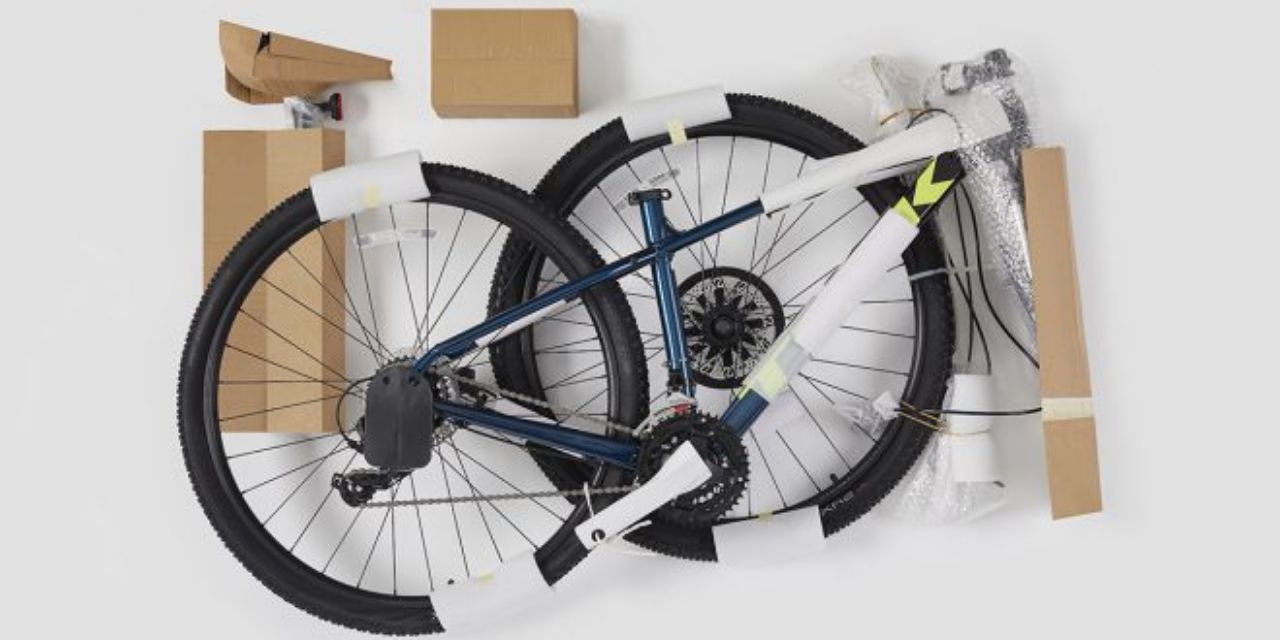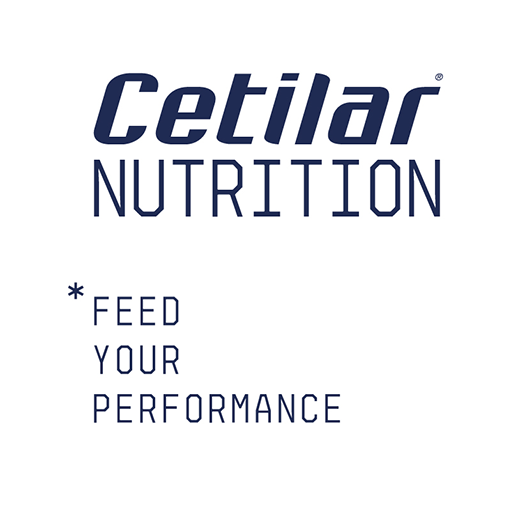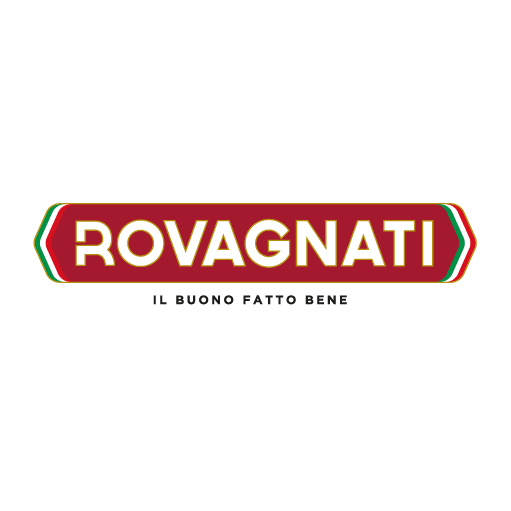Dreaming doesn’t cost anything, even if it always has to come up against reality.
How beautiful a world without plastic would be! Or rather, a world where plastic was man’s friend, and not one of his most bitter and deadly foes.
According to several studies (including Science Advances, 2017), there could be more plastic in the oceans than fish by 2050. Over the past 60 years, 8.3 billion tonnes of plastic have been produced. At current rates, the world’s landfills will contain 12 billion tonnes of this material by 2050. And around 8 million tonnes of plastic end up in the seas every year. In contrast, only 15% of plastic worldwide is recycled, 25 % is incinerated and the rest is stored in landfills. According to the OECD, the European average is 30% of plastic waste recycled; Italy is at 40% but ranks third in the world in terms of the highest consumption of bottled water, with about 208 litres per person per year and 8 billion bottles wasted.




























